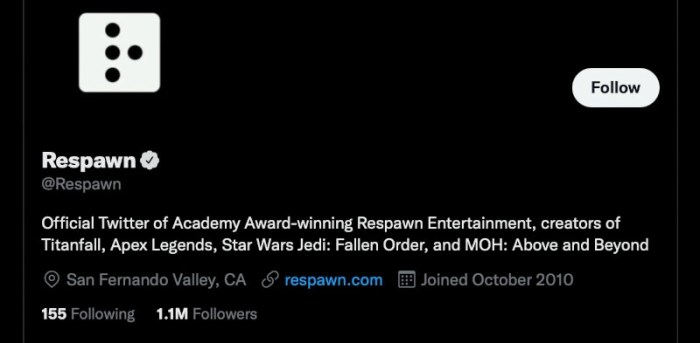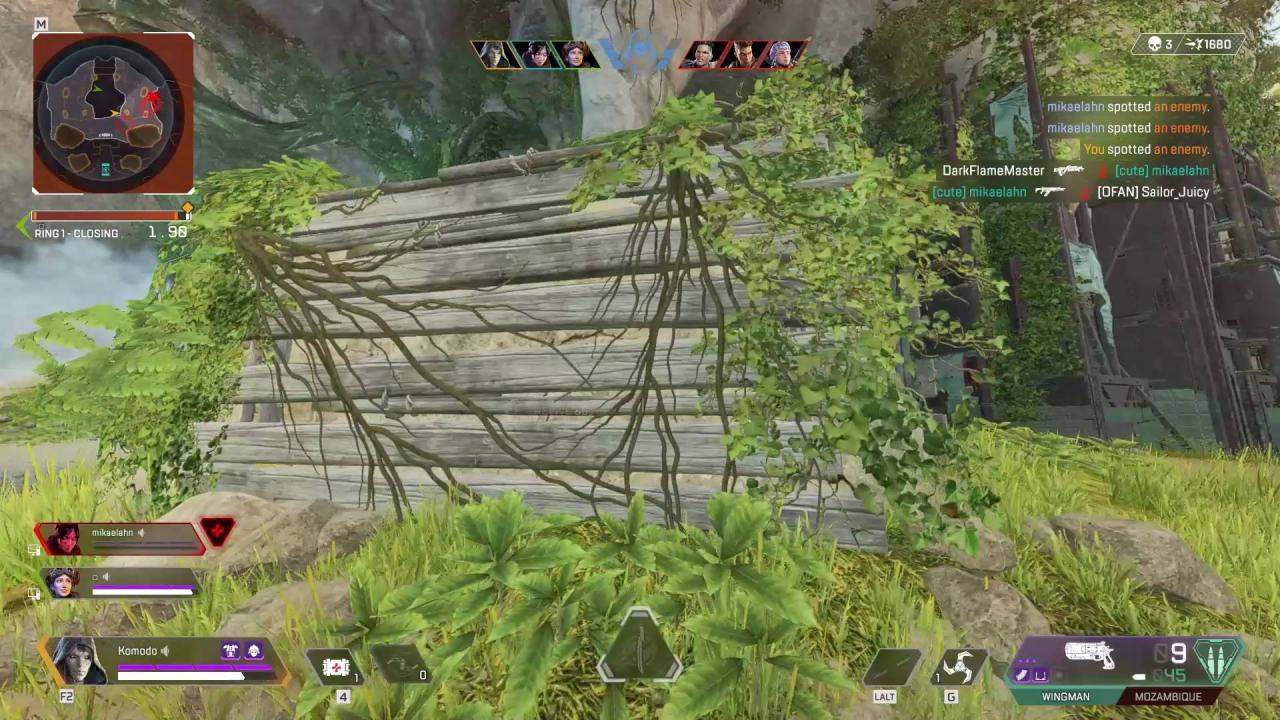Why is apex so laggy – Why is Apex Legends so laggy? It’s a question that has plagued players since the game’s release. In this article, we’ll explore the various factors that can contribute to lag in Apex Legends and provide tips on how to reduce it.
Lag can be caused by a variety of factors, including hardware issues, software issues, and network connectivity issues. Hardware issues can include things like a slow processor or graphics card, while software issues can include outdated drivers or corrupted game files.
Network connectivity issues can be caused by a variety of factors, such as a slow internet connection or a high ping rate.
Causes of Lag in Apex Legends

Lag in Apex Legends can be caused by a variety of factors, including hardware limitations, software issues, and network connectivity problems.
Hardware Issues
- Outdated or inadequate graphics card
- Insufficient RAM
- Slow hard drive or SSD
- Overheating components
Software Issues
- Outdated or corrupted game files
- Background programs running in the background
- Malware or viruses
Network Connectivity Issues
- Slow or unstable internet connection
- High latency or packet loss
- Firewall or router settings blocking game traffic
- Lower the resolution and graphics quality
- Disable anti-aliasing and other post-processing effects
- Reduce the field of view (FOV)
- Lower the audio quality
- Disable voice chat
- Enable the “Low Latency Mode” option
- Use a wired connection instead of Wi-Fi
- Forward the appropriate ports on your router
- Use a system monitoring tool to check for any hardware conflicts
- Update your drivers to the latest version
- Try disabling or removing any unnecessary hardware
- Update your graphics card drivers
- Update your operating system
- Defragment your hard drive or SSD
- Close any unnecessary programs running in the background
- Check the Apex Legends server status page
- Monitor your ping and packet loss in-game
- Try connecting to a different server
- Contact Respawn Entertainment for support
- Keep your drivers and operating system up to date
- Defragment your hard drive or SSD regularly
- Clean out any unnecessary files or programs
- Use a game booster to optimize your system for gaming
- Try using a VPN to reduce latency
- Consider using a wired connection instead of Wi-Fi
Optimizing Settings for Reduced Lag

Players can reduce lag in Apex Legends by adjusting in-game settings to minimize the strain on their hardware and network.
Graphics Settings
Audio Settings
Network Settings
Troubleshooting Common Lag Issues
If you’re experiencing lag in Apex Legends, there are a few steps you can take to troubleshoot the issue:
Check for Hardware Conflicts
Update Drivers and Optimize System Performance
Server-Related Lag and Solutions: Why Is Apex So Laggy
In some cases, lag in Apex Legends may be caused by server-related issues.
Identifying Server-Related Lag
Possible Solutions, Why is apex so laggy
Preventing Lag in Future

There are a few things you can do to prevent lag in Apex Legends in the future:
Regular System Maintenance
Anti-Lag Software and Tools
Answers to Common Questions
What are the most common causes of lag in Apex Legends?
The most common causes of lag in Apex Legends are hardware issues, software issues, and network connectivity issues.
How can I reduce lag in Apex Legends?
You can reduce lag in Apex Legends by making sure that your hardware is up to date, adjusting your in-game settings to reduce the load on your system, and troubleshooting your network connection.
What should I do if I’m still experiencing lag after trying the above steps?
If you’re still experiencing lag after trying the above steps, it’s possible that the issue is with the game’s servers. In this case, you can try contacting the game’s developers for support.
